6 surprising ways an unhealthy diet can hurt your health
An unhealthy diet can affect your well-being in a variety of ways.
Updated on May 16, 2024

You probably know that the foods you eat—and the amounts you consume—can affect your weight. But a diet that’s high in processed foods and unhealthy fats (like trans fats and saturated fats) can affect your health and well-being in other ways, as well.
“It sounds simplistic, but we really are what we eat,” says Kathryn Friedman, BS, CHHC, a health and wellness coach in New Jersey. “What we put in our body is used as building blocks to create new cells. A poor diet affects everything.”
Discover the various ways that unhealthy foods can affect your health—and what to add to your plate instead for a healthier diet.
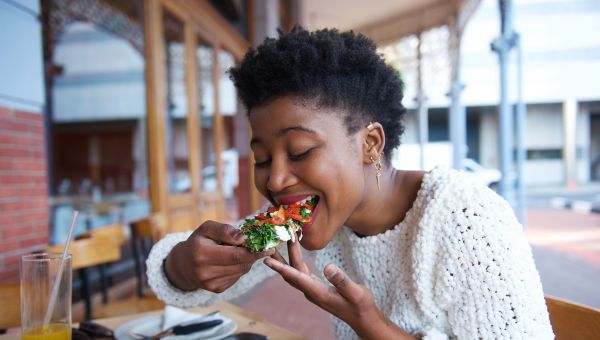
It Can Stress Your Skin
“The signs of aging will show up in a more pronounced way and possibly earlier if you have a lifelong diet that’s not good,” says Friedman. Fried foods, added sugar, refined white flour, salt, and alcohol are particularly unhealthy for your complexion. Eating too many foods with these ingredients can make skin look pale and pasty.
“One reason a plant-based diet is so good for you is that gram for gram, plant foods are loaded with more nutrients than animal foods,” Friedman says. To give your skin a healthy glow, Friedman suggests eating foods rich in vitamins A, C, and E, like fruits, vegetables, nuts, seeds, and olive oil.

It Can Cause Aches and Pains
If you experience stomach pain, frequent headaches, or joint pain, it’s possible that your diet may be contributing to these issues.
“Junk food, processed food, and especially unhealthy fats like butter, cheese, and red meat have an inflammatory effect on the body, causing pain and discomfort,” says Friedman. Inflammation also makes conditions like rheumatoid arthritis and inflammatory bowel disease worse.
Friedman recommends trying to eat “clean.” That means loading up on vegetables, healthy fats (like those found in vegetable foods like nuts and seeds, as well as seafood) and soluble fiber (found in oatmeal, for example). “Try it for even a few days and see if you feel better,” she says.

It Can Put You in a Bad Mood
Comfort foods like chocolate ice cream are supposed to put you in a good mood. So how can that creamy, sugary treat translate into a bad one?
According to Friedman, it all comes down to blood sugar. Foods that are high in added sugar and refined carbohydrates can cause your blood sugar levels to rise quickly, and then drop just as quickly. The rise and fall can leave you feeling irritable, tired, or even depressed. That fluctuation can also make it more difficult to focus and have the resources available to cope well with the stressors of the day. Friedman recommends limiting food with added sugars, not skipping meals, and eating lots of green vegetables to help keep blood sugar levels steady.
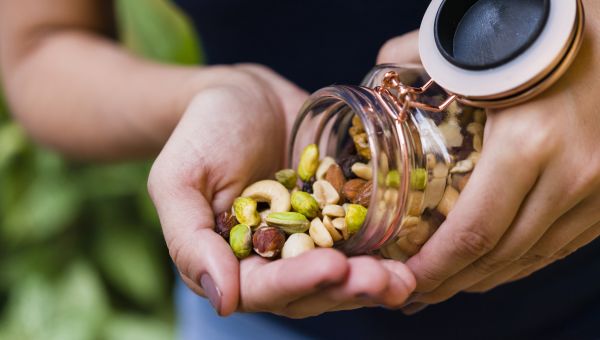
It Can Make You Forgetful
Can’t remember where you left your car keys or the name of someone you just met? Your diet may play a role.
“Your brain needs good nutrition, just like the rest of your body,” says Friedman. An unhealthy diet, she says, can affect your concentration levels and memory. In fact, one study published in the Annals of Neurology found that women who ate foods high in saturated fats (like red meat and butter) did worse on thinking and memory tests than those who ate lower amounts of these kinds of fats. To nourish your brain cells, Friedman recommends eating foods rich in omega-3 fatty acids. These include fish, nuts, and flaxseed.

It Can Give You a Poor Night’s Sleep
Quality sleep is essential for your health and well-being. But chances are you’re not getting restful sleep at night if you eat large amounts of foods high in fat and sugar during the day. A diet rich in fried and spicy foods may upset your stomach, as well, further interfering with sleep. Late-night snacking can compound the problem. “Your body wants to be resting, but instead it’s digesting,” Friedman says.
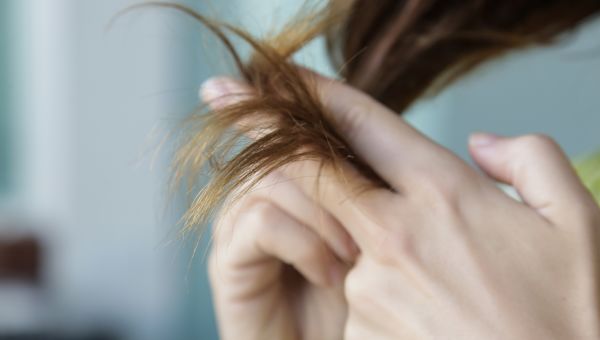
It Can Damage Your Hair
A diet that’s deficient in certain nutrients can make hair dull, thin, and even prone to falling out. To help nourish your hair, eat plenty of fruits and vegetables and lean proteins, like those found in poultry, fish, and vegetable foods like nuts, seeds, and tofu. Friedman says that lean protein as well as certain vitamins and minerals like biotin, vitamins A, C, and E, and B vitamins are especially important for thick, luscious locks.
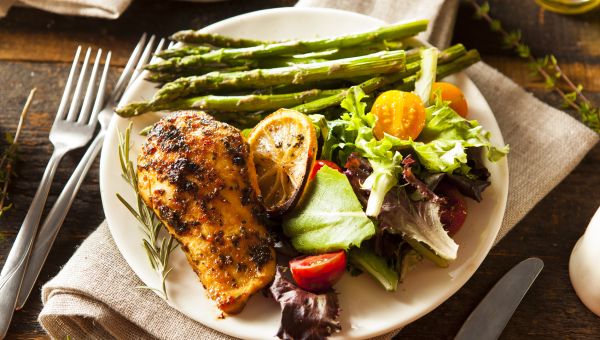
Make Slow Changes
It’s not practical or sustainable to hope to revamp your diet completely in one day. Friedman suggests that “all or nothing” thinking isn’t the path to healthier eating for the long term. Instead, it’s more effective to start small and build on your progress.
“Just shifting away from one unhealthy food that you eat on a daily basis is an accomplishment and a good goal to set,” she says. “You could slowly start to change how your body responds, how you feel, and how your body works during your very next meal. You could start today.”
More On


video
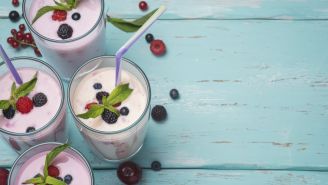
article

slideshow


video


video
